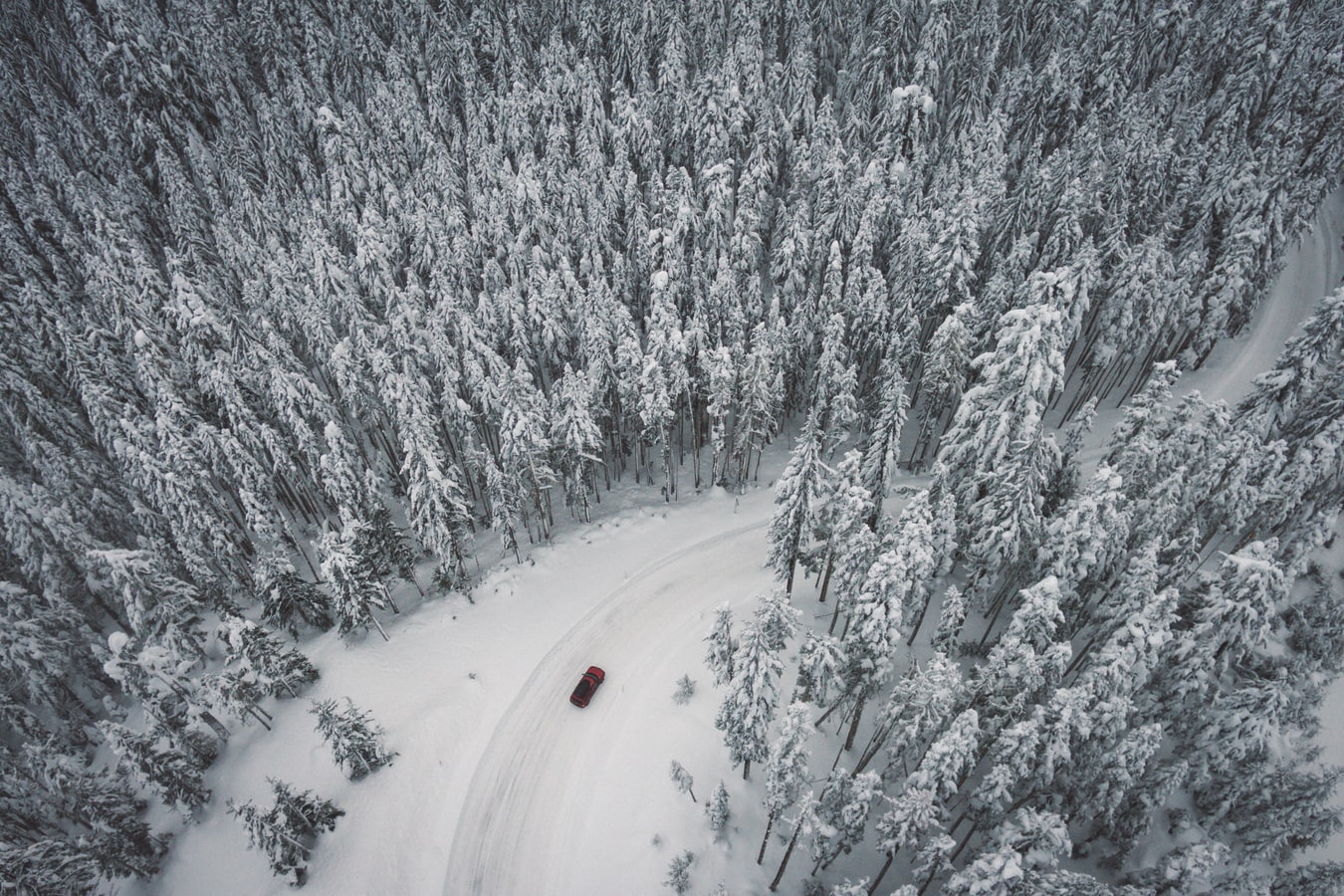Winter Driving Safety Tips
Written by Cooper & Friedman PLLC on December 22, 2020

Driving safely always requires a good amount of preparation and intention. During the shorter,
colder days of winter, there are even more things than usual that you need to keep in mind as a
driver. Here’s a look at some of our top driving tips to stay safe this winter.
Before You Get on the Road
There are several things you should take care of before you start driving this winter. First, some
basic vehicle maintenance is always a good idea. Check your tire pressure regularly to make
sure it’s in the proper range. If you live in an area with significant amounts of snow and ice, you
may want to consider winter tires. You should also check on your car battery- it’s a good idea to
replace these every few years. Last, make sure you top up any fluids as needed. It can’t hurt to
take your car in to a mechanic for a quick check-up to cover your bases here.
In addition, you should have a few basic emergency items in your car in case you get stuck
somewhere in the cold. This might include a jacket, gloves, a blanket, high-visibility cones or
reflectors, an ice scraper, jumper cables, medicine, water, and some non-perishable food. You
might even consider carrying some cat litter or sand to help with traction if you get stuck.
You also need to prepare your car for travel right before you drive. Ice and snow may
accumulate on your vehicle, so an ice scraper is a key item to have. You should completely
clear any ice or snow from your car before driving. An icy windshield, covered lights, or a snowy
hood can all be risky on the road. You should also defog your windshield before you start
driving. You will need to run your car for a few minutes to facilitate this. Don’t do this in an
enclosed space though- that can lead to carbon monoxide build-up. One last thing: double
check road conditions before you travel. You may need to adjust your route to stay on roads
that are treated when conditions are bad.
Winter Driving: on the Road
Once you’re driving, there are a few other things to keep in mind. It’s always a good idea to go
slower when there’s bad weather, and that goes for snow and ice too. Going slower gives you
more time to react to road conditions and other drivers. It also gives you better traction on slick
roads. Always accelerate and slow down gradually as well. This will help you maintain and gain
traction more effectively. You should also stay further from other cars than usual to give yourself
more time and space to react to unforeseen circumstances. If you need to drive up any hills
when it’s slippery, don’t stop if you can help it. Keeping some inertia up hills will help you avoid
spinning out. Don’t accelerate up hills too quickly either. This can also cause spinout and prevent
you from gaining traction.
Getting Stuck
If you end up getting stuck on the road, stay with your car when it’s possible. Make your car
visible with reflective material or with lighting while you wait for help. If you have to dig your
vehicle out of snow, don’t over-exert yourself. Additionally, do not keep your car running for long periods of time with the windows up, as this can cause carbon monoxide buildup. If you do need to run
your car to stay warm, make sure the tailpipe is clear of any snow or ice first. Run the car for
just a few minutes at a time to help stay warm and save gas.
The Cooper & Friedman law firm has been serving the needs of clients across Louisville,
Kentucky and in Southern Indiana since 1991. Our firm’s primary focus is personal injury law,
and this includes workers’ compensation, elder abuse, car and truck accidents, motorcycle and
bike accidents, medical malpractice, and unfair credit reporting. We offer free consultations to
discuss your case and determine how we can help you. Please contact us at 502-459-7555 to
schedule an appointment with one of our experienced attorneys.

